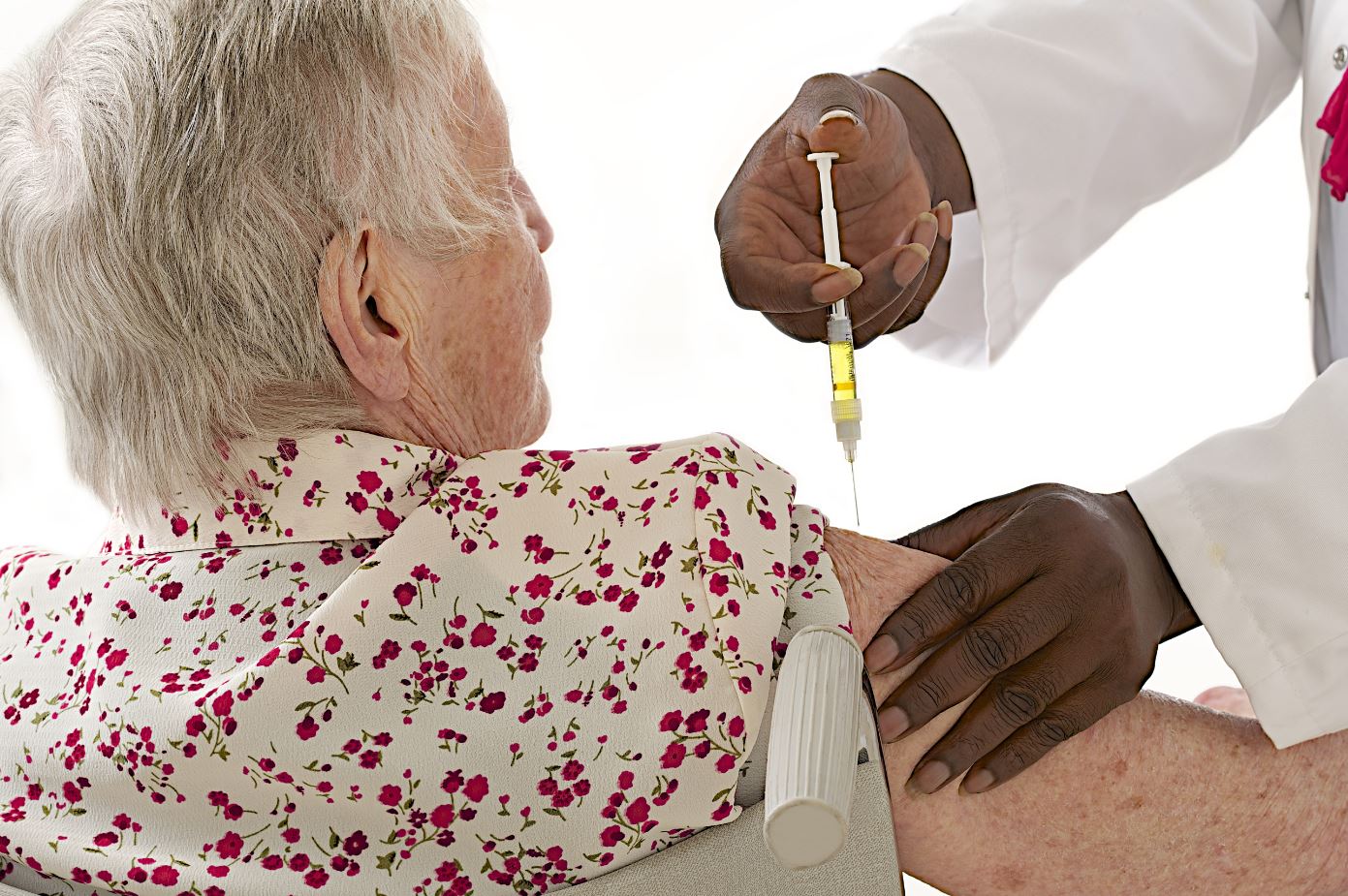- HOME
- SERVICES
- WHERE TO BEGIN
- LOCATIONS
- RESOURCES
- HEALTH PLAN SERVICES
- CAREERS
- EMPLOYEES

Tips to Stay Healthy During the Flu Season
While many of us think of either the fall or the spring as “flu season,” data from the CDC reveals that – from 1982 through 2014 – peak flu activity happened in February. This winter will be no exception, as researchers predict there’s a 57% chance that flu season will once again peak in February of this year. While it’s expected to be an overall relatively mild flu season, potential complications from getting the flu can be quite serious.
People age 65 and older face higher risk of serious complications, as immune defenses reduce with age. In recent years, an estimated 80% - 90% of flu-related deaths have claimed people 65 and older. The highest rates of hospitalizations (50% - 70%) from the flu are patients who are 65 and older.
Is the flu vaccine worth it? Is it too late to get it?
The CDC indicates “The best way to prevent the flu is with a flu vaccine.” This is especially important for anyone who is age 65 and older. The vaccine is updated every year, so an annual vaccination is recommended. And, according to the Food and Drug Administration (FDA), it’s not too late to get the shot, as vaccines can protect patients as long as flu circulates.
The CDC also reports that there is now a new high-dose seasonal flu vaccine specifically designed for patients 65 and older called “Fluzone”, which is an alternative to the traditional flu vaccine. The CDC suggests that there have been positive results from this high-dose vaccine that contains four times the amount of antigen as the regular vaccine. (Note: The popular nasal spray vaccine option is not approved for use in patients over the age of 49.)
The CDC does not currently have an official preference between the high-dose or regular versions, but patients may wish to discuss the options with their doctors. Your health care team can work together to decide the best vaccine option, and Premier Home Health Care Services, Inc. can ensure you get to your doctor’s office for your vaccine.
Your Premier Home Health aide can also assist with what the CDC calls “environmental non-pharmaceutical interventions” (or NPIs), which include routine surface cleaning to try to prevent the spread of germs on surfaces in the home. Frequently touched surfaces are of particular concern, and include cabinet handles, refrigerator doors, door knobs, and counters. Premier Home Health Care’s clinical care standards incorporate the most up-to-date service delivery protocols in the area of infection control.
In addition to routine cleaning and a vaccination, the American Dietetic Association suggests that a healthy diet can help boost immunity. Plenty of fresh fruits, vegetables and whole grains with antioxidants may help increase resistance to illness. Our home health care team is specially trained to create healthy meals that can contribute to our patients’ overall health and well-being.
For patients who happen to become ill, the Premier Home Health Care team has a range of options – from our skilled nursing services to live-in care to monitor the patient’s health around the clock. Live-in services can be provided on a temporary-respite, short-term recovery or long-term basis.
To learn more about Premier Home Health Care and our services, please call 1-866-648-5119.
